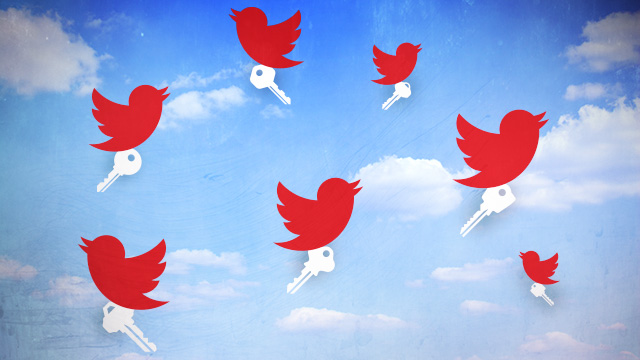
On Verizon Wireless’ website, the company advises customers to “[n]ever give your passwords to anyone over the phone, include them in e-mail messages, [or] give them to anyone.” This is good security advice that experts would agree with. Yet Verizon itself is seeking out customers on Twitter and asking for their billing passwords over the social network’s direct messages platform.
This, obviously, isn’t the best security practice. Security experts who spoke to Ars disagreed on just how dangerous it is but agreed that Verizon should find a better way to verify the identities of customers.
It’s not a new strategy for Verizon, but I wasn’t aware of it until this week when the Verizon Wireless customer support account inserted itself into a Twitter conversation I was having, urged me to follow the account so we could exchange direct messages, and then asked for my mobile number and billing password. (Note: The billing password is akin to a PIN and separate from a customer's primary account password, but I didn't know that because Verizon's customer service account did not make this clear to me, and it seems likely other customers could be confused as well.)
Read 22 remaining paragraphs | Comments